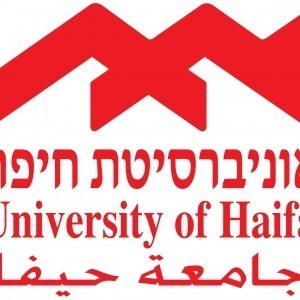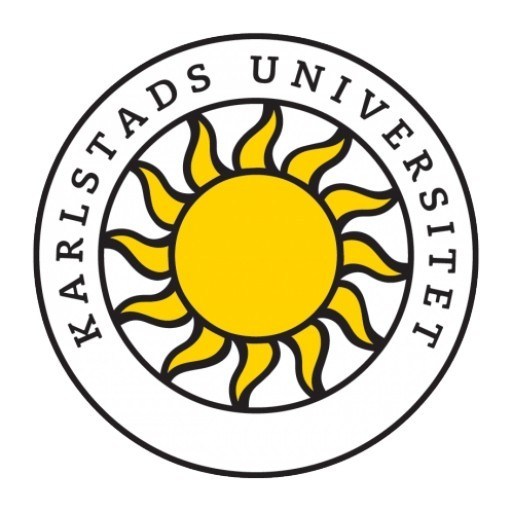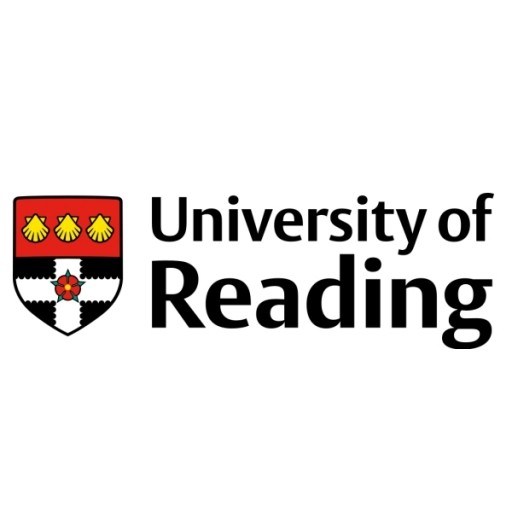Photos of university / #university_of_haifa
The Bachelor of Arts in Peace and Conflict Management at the University of Haifa offers students a comprehensive interdisciplinary education designed to equip them with the knowledge and skills necessary to analyze, understand, and address the complex issues surrounding peace, conflict, and coexistence in various contexts. This program emphasizes the development of critical thinking, conflict-resolution techniques, and cultural awareness, preparing graduates for careers in international organizations, governmental agencies, NGOs, and other institutions dedicated to peacebuilding and conflict prevention. The curriculum combines courses from fields such as political science, sociology, psychology, communication, and history, providing a well-rounded perspective on the roots of conflict, strategies for resolution, and peace processes. Students will engage in both theoretical studies and practical applications, including simulations, case studies, and internships that foster real-world experience. The program also emphasizes the importance of understanding different cultural, religious, and social backgrounds, promoting tolerance and cooperation among diverse populations. By exploring topics like violence prevention, negotiation, mediation, and post-conflict reconstruction, students gain the skills needed to facilitate dialogue and foster sustainable peace initiatives. The faculty members are experts in their fields, offering mentorship and guidance to help students develop research projects and fieldwork that contribute to the understanding and resolution of conflicts worldwide. The University of Haifa’s unique location in Israel, a region with a rich history of conflict and peace efforts, provides students with exclusive access to regional conflicts and peace processes, enriching their learning experience. Graduates of this program are prepared to pursue advanced studies or to enter various professional sectors where they can make meaningful contributions towards conflict transformation and peacebuilding efforts globally.
The Peace and Conflict Management programme at the University of Haifa offers a comprehensive interdisciplinary curriculum designed to equip students with the theoretical knowledge and practical skills necessary to analyze, assess, and resolve conflicts in various contexts. The program combines insights from political science, sociology, psychology, international relations, and conflict resolution to provide a holistic understanding of the origins and dynamics of conflicts, both local and global. Students will explore topics such as conflict theory, negotiation techniques, peacebuilding strategies, human rights, diplomacy, and security studies, preparing them for careers in diplomacy, international organizations, NGOs, governmental agencies, and conflict resolution practice.
Throughout the programme, students engage in case studies, simulations, and fieldwork opportunities that enable them to apply theoretical concepts to real-world situations. The curriculum emphasizes critical thinking, cultural sensitivity, and ethical considerations essential for effective conflict management. They learn to identify underlying causes of conflicts, develop strategies for conflict prevention, and facilitate dialogue among diverse groups. The programme also covers the role of international law, peacekeeping missions, conflict mediation, and peace negotiations, providing students with a solid foundation in both the academic and practical aspects of peacebuilding.
In addition to core courses, students have the opportunity to specialize in areas such as political violence, post-conflict reconstruction, or diplomacy. The programme fosters collaborative learning through seminars, workshops, and internships, encouraging students to build networks with professionals in the field. Graduates of the Peace and Conflict Management programme are prepared to contribute effectively to peace initiatives, policy development, and conflict resolution efforts worldwide. The university's diverse and inclusive environment enriches the learning experience, enabling students to gain a nuanced understanding of the complexities involved in managing conflicts and promoting lasting peace.
Based on official information from the University of Haifa, the undergraduate program in Peace and Conflict Management requires students to complete a total of approximately 124 academic credits over the duration of four years. The curriculum is designed to provide students with a comprehensive understanding of the theories, concepts, and practical skills necessary to analyze and manage peace and conflict issues. The coursework includes core courses such as Introduction to Peace and Conflict Studies, Conflict Resolution, International Relations, and Research Methods. Students are also required to engage in specialized electives that explore topics like Human Rights, Security Studies, and Middle Eastern Politics.
In addition to classroom instruction, students participate in practical training, workshops, and seminars that foster experiential learning. A mandatory internship component provides firsthand experience in organizations involved in peacebuilding and conflict resolution. Language proficiency in English and Hebrew is generally required, with additional language courses encouraged to enhance cross-cultural communication skills. To graduate, students must also complete a research thesis under the supervision of a faculty advisor, demonstrating their ability to apply theoretical knowledge to real-world conflict scenarios. Continuous assessment through exams, written assignments, presentations, and group projects ensures a well-rounded evaluation process. The program emphasizes interdisciplinary learning, combining political science, sociology, law, and international relations to prepare graduates for careers in diplomacy, international organizations, NGOs, and government agencies dedicated to peacebuilding.
The financing of the Peace and Conflict Management program at the University of Haifa encompasses a range of options designed to support both domestic and international students in their academic pursuits. The University of Haifa offers various scholarships, grants, and financial aid opportunities tailored to meet the diverse needs of its student body. Domestic students can apply for government-sponsored scholarships, including the Israeli Ministry of Education grants, which are aimed at promoting higher education among residents. Additionally, the university provides merit-based scholarships for outstanding academic achievements, as well as need-based financial aid for students demonstrating economic hardship. International students enrolling in the program have access to specific scholarships offered through the university’s international office, including partial tuition waivers and grants intended to foster a diverse and inclusive learning environment.
Furthermore, the university encourages students to seek external funding sources, such as international exchanges, non-governmental organization (NGO) grants, and private foundations that focus on peacebuilding and conflict resolution initiatives. The program may also facilitate employment opportunities on campus, including research assistantships, teaching assistantships, and internships with organizations involved in peace and conflict work, providing students with practical experience and financial supplement. Student loans are available through Israeli financial institutions, which can be utilized by eligible students to finance their studies. The university’s financial aid office offers comprehensive guidance on application procedures, eligibility criteria, and deadlines, ensuring that students are informed of all financial support mechanisms accessible to them.
Overall, the financing framework for the Peace and Conflict Management program emphasizes accessibility and affordability, aiming to attract motivated students from various backgrounds and support their academic and professional development in the field of peacebuilding. The university also periodically updates its financial aid policies to align with economic conditions and funding availability, reaffirming its commitment to fostering education in peace and conflict resolution studies.
The Peace and Conflict Management program at the University of Haifa offers students a comprehensive education designed to equip them with the theoretical knowledge and practical skills necessary to understand and resolve conflicts in various contexts. The program emphasizes interdisciplinary approaches, integrating insights from political science, international relations, sociology, psychology, law, and anthropology to provide a well-rounded perspective on peacebuilding and conflict resolution. Students engage with topics such as conflict analysis, negotiation and mediation techniques, diplomacy, security studies, human rights, and peace processes. The curriculum includes coursework, practical exercises, simulations, and internships, enabling students to apply their knowledge in real-world settings. The program aims to prepare graduates for careers in international organizations, governmental agencies, NGOs, educational institutions, and research centers focused on peacebuilding, conflict prevention, and resolution. The University of Haifa's faculty comprises experienced scholars and practitioners with extensive fieldwork, research, and policy experience, enriching the learning experience with practical insights. Students also have access to a diverse academic community and participate in seminars, workshops, and conferences that promote dialogue and exchange of ideas among students from different backgrounds. The program's approach underscores the importance of understanding the root causes of conflicts, fostering dialogue and reconciliation, and promoting sustainable peace initiatives. Graduates of the program are expected to develop critical thinking, intercultural competence, leadership skills, and a deep understanding of the complex dynamics that underlie conflicts worldwide. The program's structure includes options for specialization within peace and conflict studies, allowing students to focus on areas such as international peace operations, conflict management in specific regions, or human rights advocacy. Overall, the Peace and Conflict Management program at the University of Haifa is committed to training professionals who can contribute effectively to peacebuilding efforts across the globe, leveraging academic knowledge and practical skills to foster stability and coexistence in conflict-affected areas.









